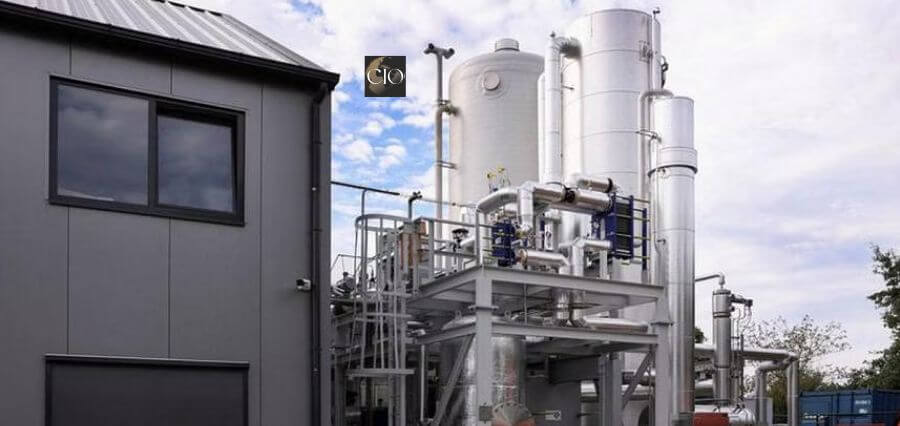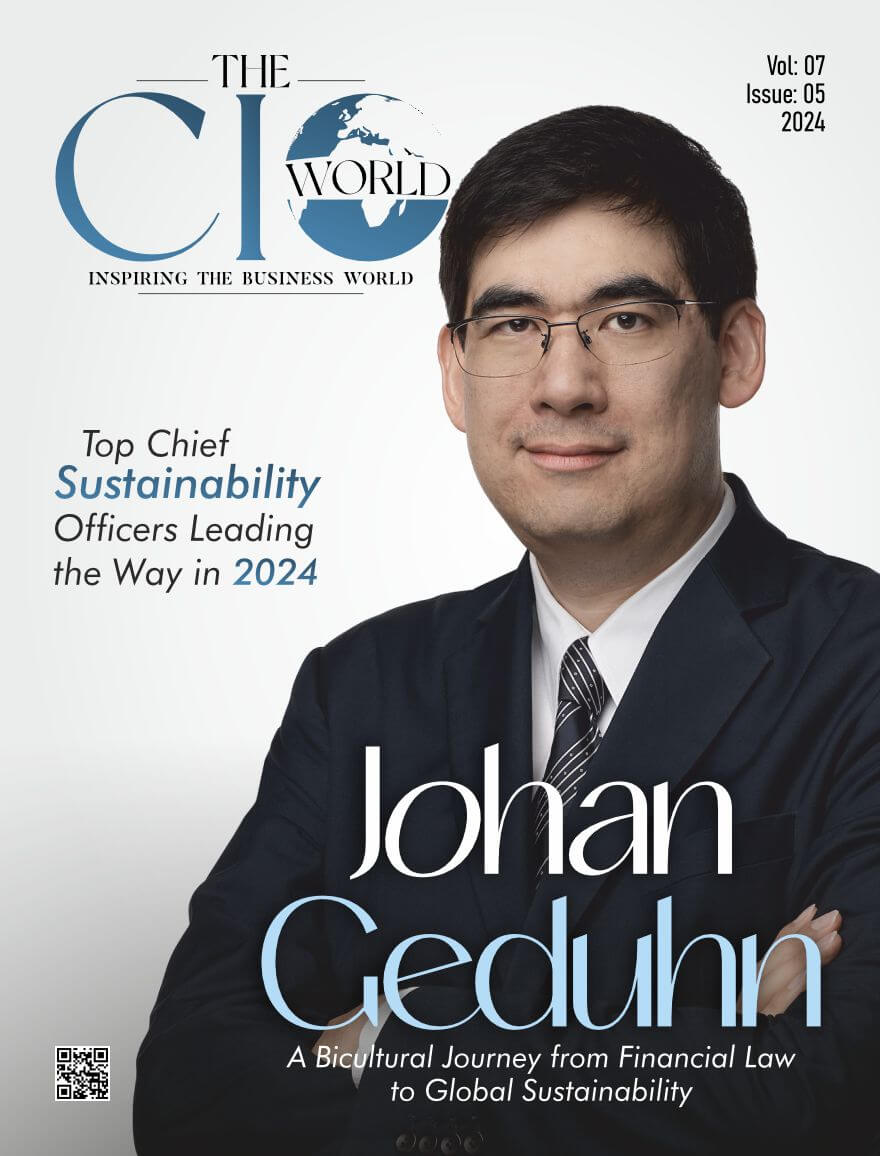Singapore is leveraging existing technologies to reduce its carbon emissions, from installing solar panels on reservoirs to importing clean energy from neighbouring countries. Additionally, the government is exploring innovative methods to further reduce emissions in the long term.
With a focus on research and development, Singapore aims to advance carbon capture and storage (CCS) technologies. These technologies have the capability to extract carbon dioxide (CO2) from polluting sources and securely store it, as stated by Senior Minister Teo Chee Hean during a parliamentary session in February. This initiative aims to provide heavy emitters, such as those in the chemical, industrial, and power sectors, with effective solutions to decarbonize and transition towards greener practices.
In March, the Government announced a provision of approximately $12 million in grants for research and development focusing on emerging technologies, including innovative methods for capturing CO2 in low concentrations. Due to the typically diluted nature of CO2 emissions, capturing them poses a significant challenge, prompting extensive research into cost-effective capture techniques.
Furthermore, Singapore’s limited capacity for local CO2 storage, attributable to the absence of suitable underground geological formations, has led to discussions with regional partners regarding the possibility of shipping CO2 for storage elsewhere. For example, Singapore has initiated discussions with Indonesia and signed a letter of intent to collaborate on a cross-border CCS project. Once finalized, this project will enable Singaporean companies to transport their carbon emissions for storage in Indonesia.
The Government is partnering with ExxonMobil and Shell to explore the feasibility of consolidating CO2 emissions in Singapore for storage in other nations. Additionally, an industry consortium named the S Hub will collaborate with regional counterparts to pinpoint potential CO2 storage locations. According to Mr. Teo’s remarks in February, Malaysia, Australia, and Brunei possess robust geological potential for carbon storage.
The S Hub aims to establish a CCS project by 2030 capable of permanently storing at least 2.5 million tonnes of CO2 annually. Furthermore, CO2 can be captured and repurposed across various sectors, such as in the production of carbonated beverages or the manufacture of building materials like concrete.
For More Details: https://thecioworld.com







